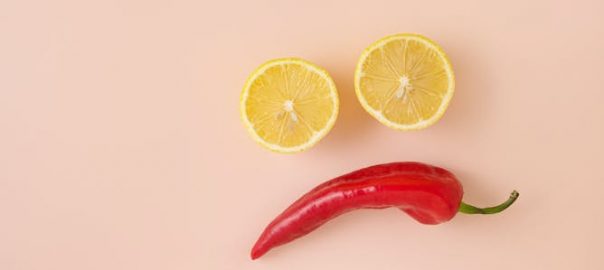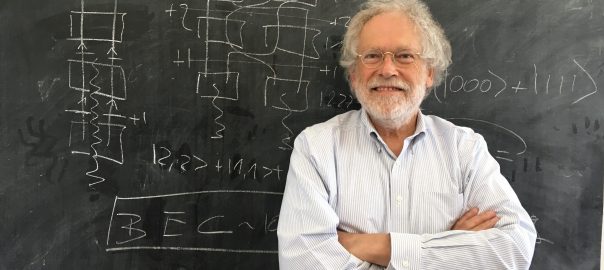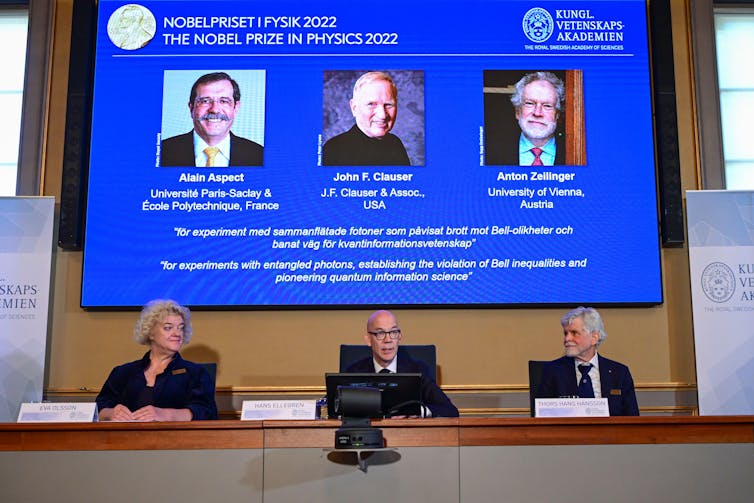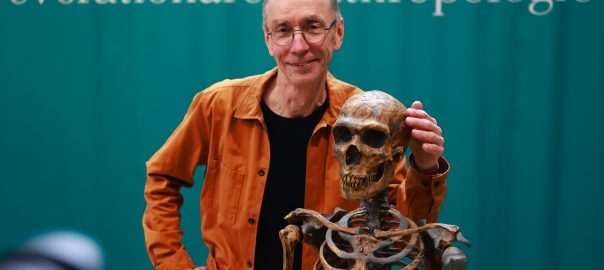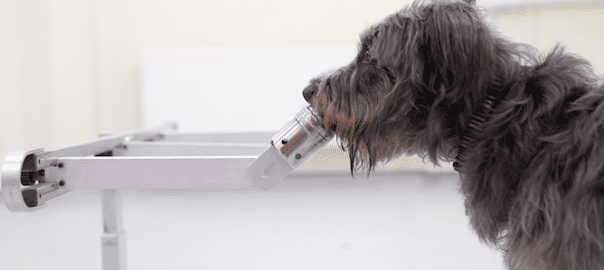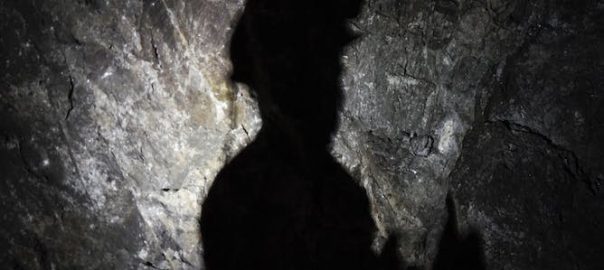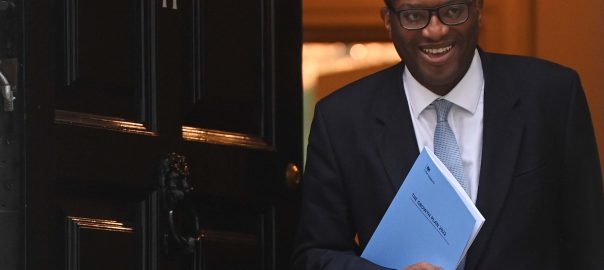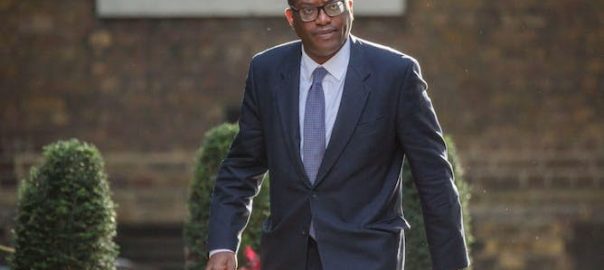Chris Bryant, University of Bath
Vegetarians have around twice as many depressive episodes as meat-eaters, according to a new study.
The study, based on survey data from Brazil, chimes with earlier research that found higher rates of depression among those who forgo meat. However, the new study suggests that this link exists independent of nutritional intake.

